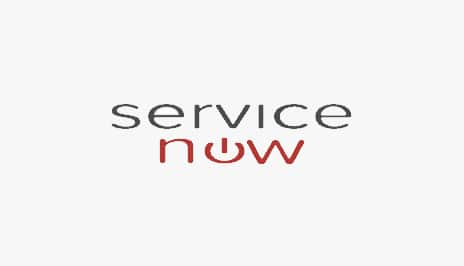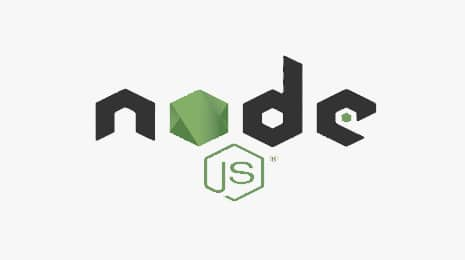Overview:
The role of a QE Architect requires strong technical skills in areas such as test automation frameworks (e.g., Selenium WebDriver), programming languages (e.g., Java, Python), performance testing tools (e.g., JMeter), CI/CD tools (e.g., Jenkins), and familiarity with Agile methodologies (e.g., Scrum). Additionally, they need excellent analytical thinking abilities, problem-solving skills, leadership qualities, and effective communication skills to collaborate with cross-functional teams and drive quality engineering initiatives successfully.
| QE Architect | Skills |
|---|---|
Primary Responsibilities:
Secondary Responsibilities:
|
Technical Skills :
|
Soft Skills:
|
|
Tool Skills:
|




